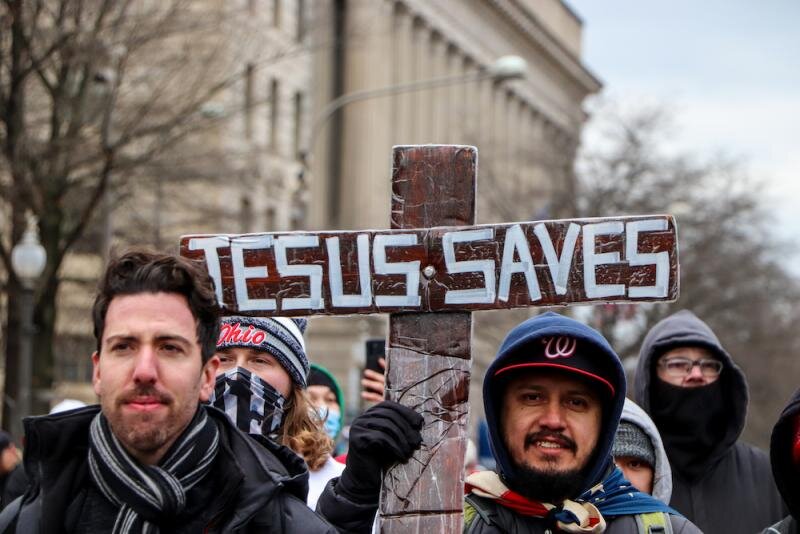There's a song I love that gets to me every time it comes through my speakers. (Okay, there are a few that fall into this category, but bear with me.) It's not only the music, which is lyrical and lovely. It's also not only the words, though I find them to be thoughtful and powerful. The emotional trigger of the song comes down to one line, which I am convinced captures a truth at once so fundamental and so easy to forget: "I am with you."
It is a promise that appears repeatedly throughout the Old Testament, as Yahweh reminds His people again and again of His covenant faithfulness. And it is a promise that reappears in the New Testament, most notably as a part of what we call the "Great Commission" in Matthew 28. In a moment we return to as significant for understanding what it means to be "sent" as His disciples into the world, Jesus offers a promise and a word of comfort: "Surely, I am with you always, to the very end of the age." It's as if, in these final instructions, He knew that as the disciples obeyed His call to make disciples "as you go," they would need this continual assurance of His steady presence.
We aren't much different. And this is why that song hits such a deep place inside of my heart. I need to be reminded of God's faithful presence with me, in my mundane, everyday life. I need the assurance that He sees. In the light of this promise, everything can shimmer with His glory and goodness. In the words of the song, "I am with you . . . your labor is not in vain." Every act, every word, every thought becomes a holy space in the presence of Jesus. In His redeeming presence, nothing is wasted. Nothing is truly done in vain. This is a hope I need to be reminded of often.
It's easy to believe my labor is not wasted when things go wonderfully and success comes my way. In those moments, when the promotions or the accolades come, or when I win the favor of coworkers and peers, it is easy to believe God is with me in my work. But when I find myself discouraged and disillusioned, when I feel misunderstood or rejected, when I seem surrounded by failures, I need to hear these words again: "I am with you. Your labor is not in vain. None of this is wasted."
I believe that somehow, in God's grand economy, nothing done in faithful service to God is done in vain. None of it is invisible. None of it is wasted. Every conversation that plants seeds we never get to see sprout. Every act of generosity that goes unthanked. Every moment of diligent work that goes unnoticed. Every minute we give to someone in need of a listening ear or an act of kindness. Every effort we make to welcome peace and justice and goodness, even when we don't see systemic change. Every cup of cold water. Every dignifying act. None of it is wasted. None of it is in vain. None of it passes under His sight—for He is with us.
So, friends, we can go out in confidence and hope into all the nooks and crannies of the world our God calls us to. We can keep our eyes and hearts open to where He leads us to be a part of His work in the world. And we can breathe deeply with each step, secure in this promise: "I am with you. None of this is in vain."
Thanks be to God.
If you want to give the song that inspired this post a listen for yourself, you can find it here.
This post originally appeared at the Vere Institute.







